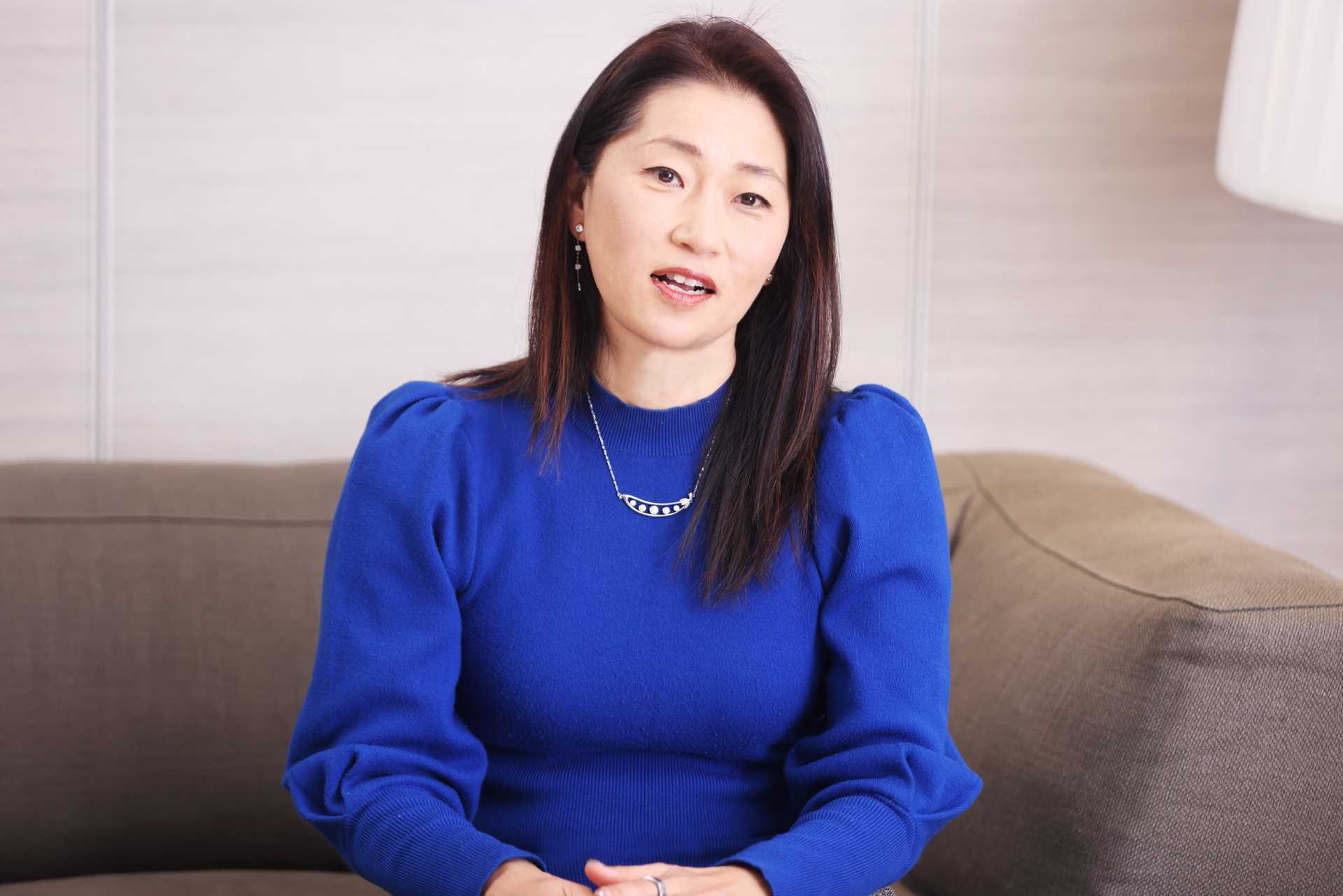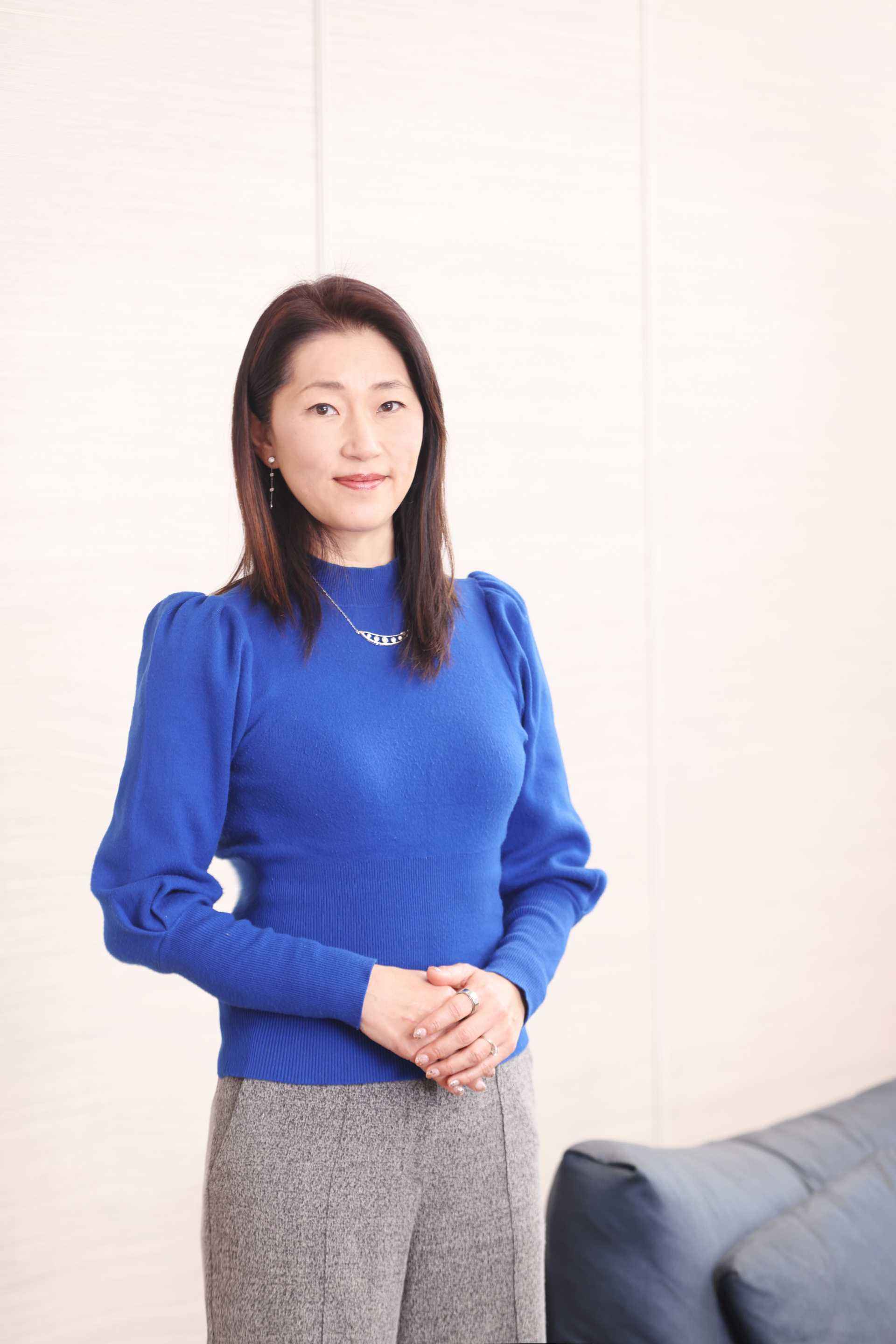Ms. Matsuno: AWIF has invested about $38 million to improve financial access for women entrepreneurs and women in Asia, including but not limited to Indonesia, Vietnam, India, and Cambodia. While these emerging countries are promising foreign investment destinations with high economic growth rates, there are not many companies and other employers that can provide stable employment for women. Therefore, starting a business rather than finding a job is a realistic approach for women who want to gain financial strength.
However, most decision makers in traditional financial institutions are men. In addition, the financing needs of women entrepreneurs have not been met as women generally do not have assets to serve as collateral, their creditworthiness is not high, and there are gender bias issues on part of the lenders.
Against this backdrop, AWIF has been providing indirect support through the fund and direct support through technical assistance projects to women entrepreneurs in Asia since 2017 for their start-ups, business development, and business expansion. Impact investing was rare outside of Europe and the United States at this stage, so I think it was significant as a leading example of the advent of impact investing in Asia.
Further, AWIF is a unique initiative that intentionally targets economic empowerment of women and promotes Gender Lens Investing. Currently, about half of the world's workers are women, but only less than 20% of managers and less than 15% of business owners are women. The global average wage gap between men and women is still large, with women earning only 52% of men's wages.
In other words, AWIF of the Sasakawa Peace Foundation is investing in a mechanism to create the social impact of gender equality by supporting women entrepreneurs, which is equivalent to the economic empowerment of women.

